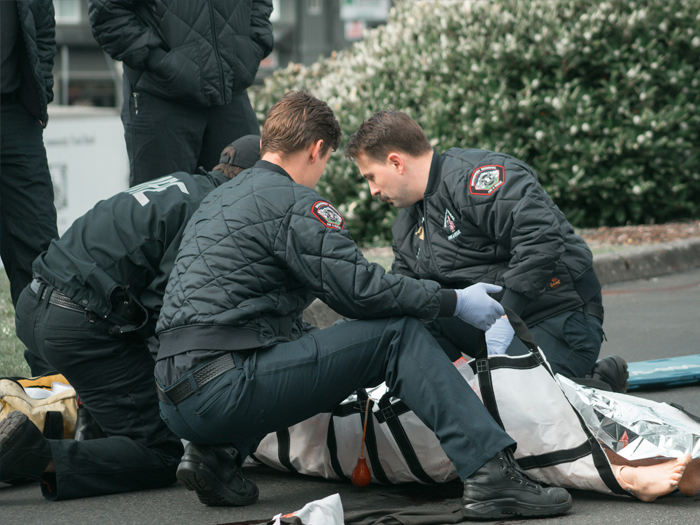Adjuster X
Shotgun Allegations
John Morris, a machine operator at Abco Fabricating, was allegedly suffering numerous disabling injuries from occupational exposure, including pulmonary disorder, orthopedic disability, otological impact and ophthalmological deterioration.
“Shotgun claims petition,” my supervisor said.
“They’re alleging occupational disability for everything under the sun. He left the company a month ago. Didn’t waste any time getting a lawyer.
“Schedule this guy for the usual battery of defense exams and begin your investigation.”
At Abco, I asked about Morris’ departure.
“Excessive absenteeism,” said Becky from HR.
“He was given verbal and written warnings, and eventually termination.”
Morris’ supervisor, Ken Gordon, said Morris had never complained about a work-related disability.
“He was a decent worker. If not for his absences, he’d still be working here,” he said.
“He left me no choice.”
I took a look at Morris’ former work area. It was pretty clean for a machine shop, and it was bright and well ventilated.
All operators wore hearing protection. Any airborne oil mist from the machines was well controlled.
Operators weren’t expected to lift more than 25 pounds, and lifting was far from frequent.
Becky pressed me for my next move. I told her I’d get back to her as soon as my investigation was finished.
The next morning, I went to Morris’ address, a shabby, low-rise apartment building. I was pretty sure he couldn’t afford to be out of work for long.
I found his car in the parking lot, and hung around for a while, but he never came out. When I came by again later, the car was gone.
The next day, I came back around 10:30 a.m. A few minutes later, a man, who looked like Morris came out of the building.
I followed him discreetly. Ten minutes later, he pulled into a tavern called the Fumble Inn.
I drove around the block, parked and waited for some other cars to enter the bar’s parking lot.
When patrons began entering the bar, I followed and wasn’t surprised to see Morris behind the bar.
“The regular, Jerry?” he asked a patron. Jerry nodded, as I took the stool next to him.
Morris served me a drink and I started chatting up Jerry. Sipping his beer, he told me he had been coming to the Fumble Inn for years.
I said, “I come in here sometimes, but I don’t remember seeing this bartender before.”
“Johnny? Been here about a month,” he said.
“Good barkeep. Keeps the drinks filled.”
I watched Morris as he carried cases of liquor to the bar area. He seemed to be handling the heavy cases with ease.
When he approached me later, I said softly, “I’ll switch to a beer.”
“What kind?” Morris asked.
There was nothing wrong with his hearing, or his lifting ability. I left the bar to write up my findings, recommending full surveillance.
“Let’s see what the examining doctors have to say, especially after they see a video of Morris in his new job,” I told Becky.
The claim wound up settling for nuisance value — still far cheaper than keeping lawyers on the case.










